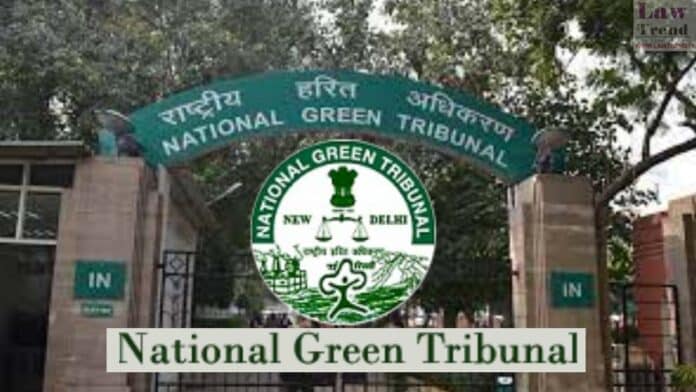The National Green Tribunal (NGT) has raised serious concerns about the state of sewage management in four districts of Jharkhand, shedding light on significant pollution issues in the Ganga River. The tribunal is currently overseeing efforts to mitigate pollution in the Ganga and its tributaries nationwide.
During a hearing focused on the Ganga’s pollution, the NGT reviewed reports from district commissioners of Sahibganj, Ramgarh, Dhanbad, and Bokaro, who lead the district Ganga protection committees. These reports reveal severe deficiencies in managing sewage that directly impacts the river’s health.
Justice Prakash Shrivastava, Chairperson of the NGT, along with Justice Sudhir Agarwal and expert member A Senthil Vel, expressed dismay at the findings. “A very grim picture of sewage management has emerged from these districts,” the bench stated after scrutinizing the reports.
In Sahibganj, the tribunal highlighted an alarming gap in sewage treatment, with 1.2 million liters per day (MLD) still awaiting connection to sewage treatment plants (STPs). Moreover, the Rajmahal subdivision has failed to provide crucial water quality data, including levels of faecal coliforms.
The situation in Ramgarh remains opaque with no information disclosed about the actual use and performance of existing sewage treatment facilities. Bokaro Steel Plant township generates 31.97 MLD of sewage, yet there is no data on the final disposal methods employed.
The tribunal pointed out that Nagar Nigam Chas in Bokaro district is discharging 12.44 MLD of sewage directly into the Ganga through 70 drains, clearly violating the Water Act and Supreme Court directives. Additionally, Nagar Nigam Phusro lacks any treatment facilities for its 3.92 MLD of sewage.
Dhanbad’s report was equally concerning, with many hotels operating without the necessary approvals from the state pollution board. The district also lacks sewage treatment facilities, and no data was available on faecal coliform levels in the Damodar River, another tributary of the Ganga.
Recognizing the deficiencies in the existing infrastructure, the tribunal has directed the Jharkhand State Pollution Control Board (JSPCB) to establish necessary testing facilities and conduct an analysis of faecal coliform levels within the next three months.




